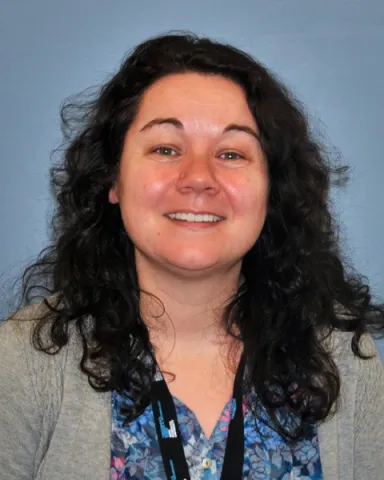About the project
As ice melts in the warming Arctic Ocean, primary productivity increases, drawing down atmospheric CO2: a process thought to be limited by nitrogen supply. Few data exist, however, on nutrient limitation and stress in the Arctic. This project will explore how Arctic change impacts the activities of carbon fixing microorganisms.
The Arctic is warming faster than any other ocean, with consequences on Arctic ecosystems. Changing ocean circulation and the relative influences of terrestrial and oceanic nutrient supplies will undoubtedly change microbial populations, with unknown impacts on their dependent food webs. This project seeks to understand the structure and function of microbes in the future Arctic.
Nutrient controls on communities in the North Atlantic and Arctic will be evaluated by measuring gene expression of in situ microbes and those collected from nutrient amendment experiments during the Nitrogen Fixation in the Arctic Ocean expedition in 2023. Samples collected for microbial ecological analyses from the incubations and the transects will be processed to quantify microbes and evaluate their activities, including photosynthesis and nutrient stress response, using transcriptomics. Biogeochemically-important processes will be tracked using molecular biological tools, to understand the drivers of biogeography, nutrient stress and ecological impacts of phytoplankton based on extant organisms and processes. This understanding will be used to infer how phytoplankton may evolve with predicted Arctic change.
The student will be based at the National Oceanography Centre and undertake research in a molecular laboratory, with a dedicated clean lab for contamination-free sample preparation. They will have the option to participate in expeditions and fieldwork that align with the project’s goals and will have access to instrumentation and expertise including high-resolution robotic samplers for DNA and RNA in the Ocean Technology and Engineering Group at the NOC. They will build their networks within the supervisory institutions and internationally via related EU projects.
Supervisory team
The supervisory team includes supervisors from several organisations, including our INSPIRE Partners. Please contact the Lead Supervisor for more information about the team.
Training
The INSPIRE DTP programme provides comprehensive personal and professional development training alongside extensive opportunities for students to expand their multi-disciplinary outlook through interactions with a wide network of academic, research and industrial/policy partners. The student will be registered at the University of Southampton and hosted at the National Oceanography Centre.
Specific training will include:
- marine microbial ecology
- oceangoing fieldwork
- extraction and DNA / RNA purification
- molecular analytical techniques including qPCR, PCR, library preparation and sequencing
- bioinformatics
- data analysis
- biodiversity
- microbiology of the nitrogen and carbon cycle
- data visualization
- presentation, publication and communication
